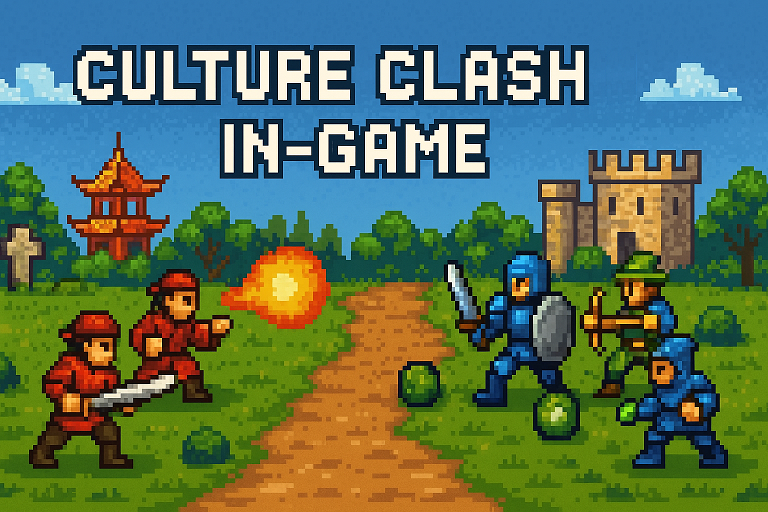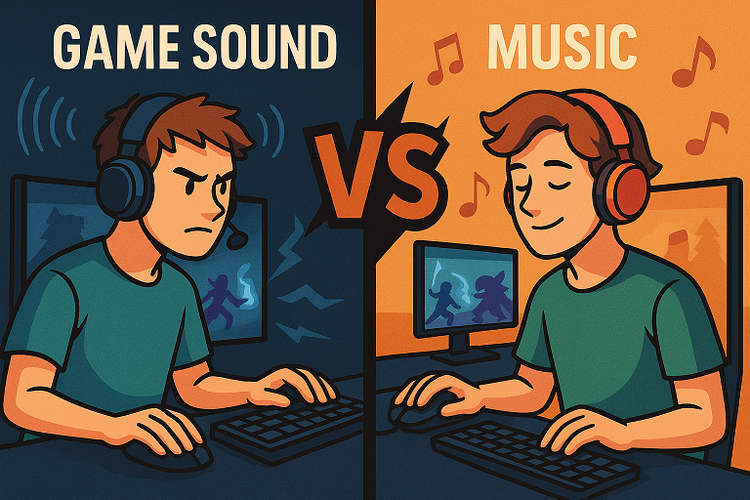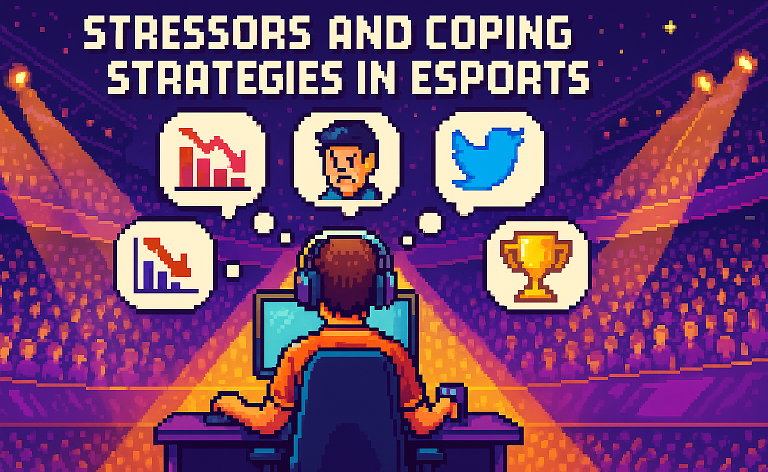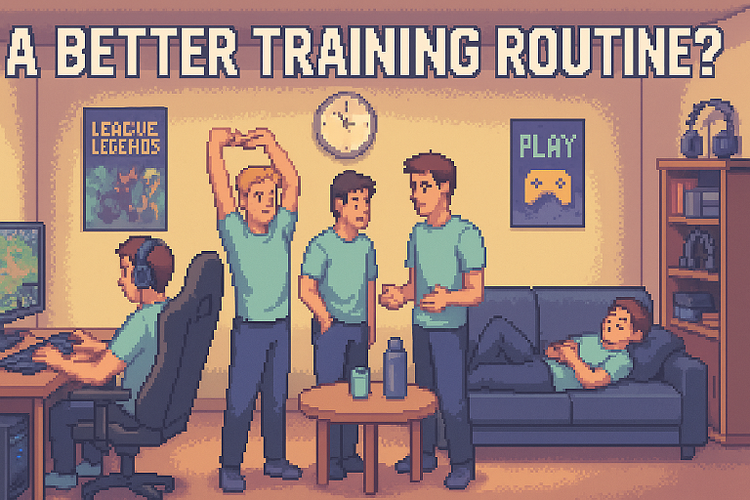Which Psychological Skills are most important for Esports Performance?
We discuss which psychological skills (e.g. emotions, and communication) are important for gaming and esports performance.
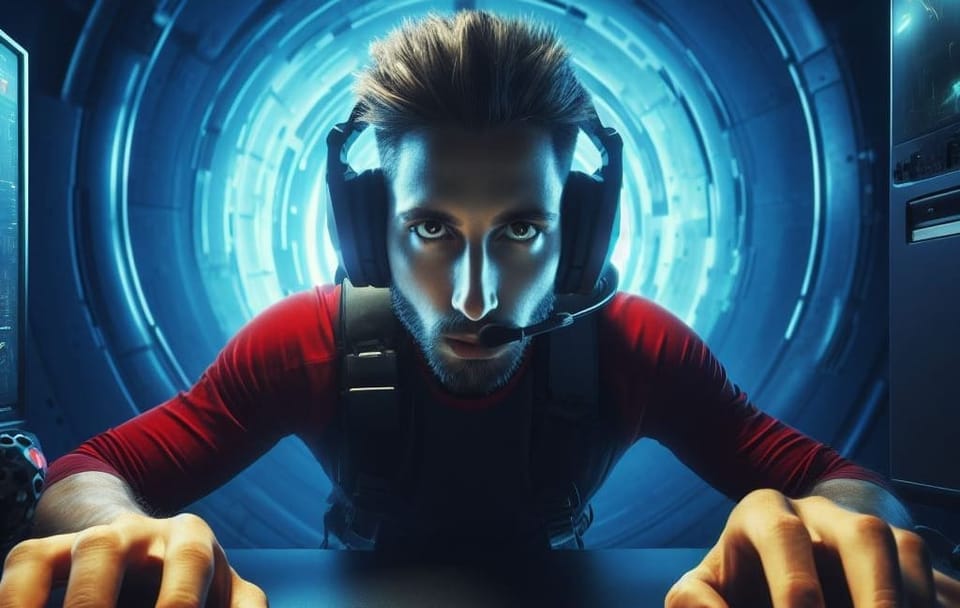
Happy Sunday, everyone
"Psychological skills in esports: Qualitative study of individual and team players" is the name of the study for this week’s episode. Its aim was to explore the key psychological skills that affect players’ performance in esports. It’s aim…
"Psychological skills in esports: Qualitative study of individual and team players" is the name of the study for this week’s episode. Its aim was to explore the key psychological skills that affect players’ performance in esports. It’s aim…
“[…] was to explore […] the key psychological skills that affect players’ performance in esports.” - Bonilla et al., 2022
🤔 What the heck is a “Qualitative Study”? Does it mean it is of higher Quality?
Broadly speaking, a “qualitative study” is a study where interviews (qualitative data) were used as the method to gather data. Basically, when you ask participants questions, they’ll provide words as your source of data.
On the other hand, in quantitative studies, numbers are provided, e.g. from a questionnaire where people provide answers on a scale from 1 to 5, or reaction time, MMR ranking, etc. – basically numbers.
Hence, in the study at hand, Bonilla et al. (2022) did interviews with 10 esports players, and asked them about their experience and career. Half the players compete in a team game (LoL), the other half in individual esports titles (Hearthstone and FIFA). Their experience level ranges from about 4 to 7.5 years, competing in national and international tournaments.
🥇 Which Psychological Skills are most important for Esports Performance?
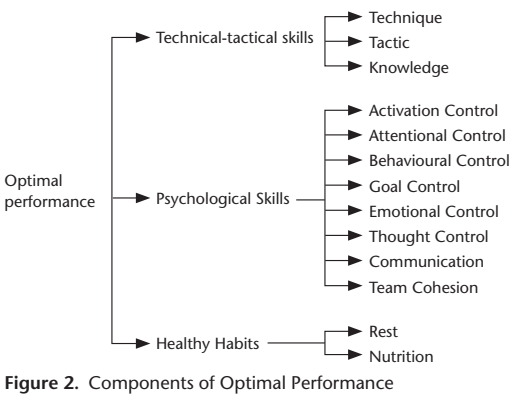
In the picture above, you can see the themes and components of optimal performance that emerged when analyzing the interviews. There are three higher-order themes: technical-tactical skills, psychological skills, and health habits. Technical-tactical skills are…
„[…] skills and knowledge of a particular esport that are mostly specific to that sport, meaning they are not shared with other esports.“ - Bonilla et al., 2022
Healthy habits include rest and nutrition, as well as habits and actions of players to take “[…] care for themselves, and maintain their health”. This was emphasized when in competitive situations. The third higher-order theme is psychological skills. In the table below, the authors ranked the components of psychological skills by their importance, according to the professional players, and in which type of esports they are relevant.

By far the most important component, according to the pro gamer, is attentional control. It is…
[…] understood as players’ ability to concentrate and direct their attentional resources to the specific action they are performing in the esport.”
One player said it is "A trade that you do instinctively." This very much sounds like flow state, where you’re in the zone, and, as another player said, "know everything that is happening around [you]." Another component that sits in the second rank is emotional control – something every gamer knows (or the absence of it). As one player put it, "There are degrees of tilt", and when you’re losing a game, anger may strike hard and swiftly.
Regarding components that are solely important for team games, communication takes the lead, closely followed by team cohesion. Being able to communicate effectively with your teammates in-game may be more closely related to performance than the feeling of camaraderie, support, coordination, etc. However, the effects of those things should not be underestimated – this is a well-known fact in the scientific literature.
💡 What’s interesting is that out of the eight components, five have to do with some sort of control, and two are only relevant to team games. Attentional, emotional, and activation control appear to have the biggest impact on performance, according to the (just) 10 players interviewed.
When you’re a gamer yourself, trying to improve, focusing and being self-aware of those aspects may give you an advantage over the average gamer. As a consequence, you may rank up faster, and reach a higher MMR/Elo as a result.
I’ll also go as far as saying that those components will also serve you very well outside of video games. Being able to focus and stay focused, maintaining cool in an emotional situation, or controlling your nerves (e.g. when dating) are great personal assets.
Read you all next week. Till then,
Christian 🙂
Join over 250+ (🤯) Gaming Science subscribers and become smarter every week.
"I love this type of content, thank you Chris."

